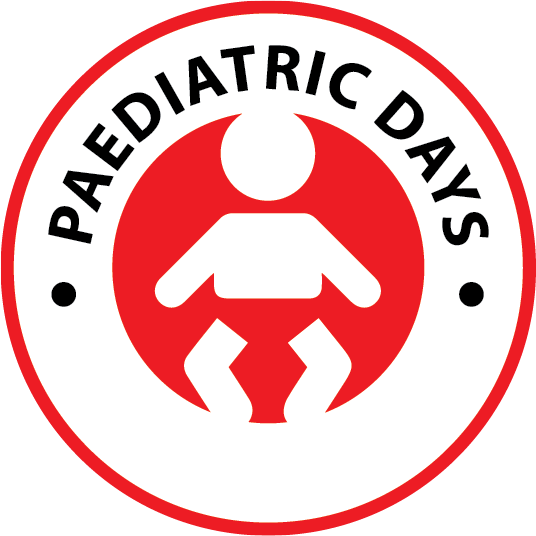The MSF paediatric days: an opportunity to acquire new paediatric knowledge

Dr Nematoulaye Toure graduated in Bamako in 2012 and quickly started working with Médecins Sans Frontières in Ansongo, Mali. Dr Nematoulaye is currently in charge of neonatology and paediatrics in this project. She participated in the MSF Paediatric Days, held on 15 and 16 December 2017 in Dakar, Senegal. This conference was an opportunity to share her field experience with the medical community in West Africa and to gain experience in organised training; knowledge which she now shares with her team in Mali.
What are the main challenges to improving the management of childhood diseases in West Africa and, more specifically, in Mali?
Ansongo, in the region of Gao in eastern Mali, is today a very volatile area in which insecurity prevails due to the conflict that erupted in 2012. The biggest challenge is getting access to patients. There are still numerous cases of women giving birth without medical care, which poses great risks for newborns. There is also many young children with severe malaria.
With a night-time curfew and a distance of several hundred kilometres to the nearest health centre, who would take the risk of leaving in search of medical attention?
That is why it is necessary to adopt medical strategies to reach the greatest number of people, especially young children who are the most vulnerable. We need to approach this similarly to the strategy for treating the nomadic population that MSF has carried out since 2015.
As a medical professional, why do you feel it is important to participate in conferences such as the MSF Paediatric Days?
The training in Dakar helped me acquire a solid foundation in neonatology, which I could then pass on to my teams. The reference health centre where I work has recently seen the addition of a neonatal unit. But we are a team of general practitioners and we had no knowledge about caring for premature children, so we used to refer them to a hospital that is 100 kilometres away. We now have some knowledge around simple actions to respond to infections in newborns, anoxia (lack or decrease of oxygen in the cells, organs or blood) and other medical cases.
It is very important for the doctors working on the projects to be able to participate and benefit from this type of exchange, and also to compare our experiences with other contexts.
Can you give a concrete example of good practice or an intervention strategy that you have learnt about at the MSF Paediatric Days that could be useful in Mali?
One of the recommendations was to involve the communities more in medical care, such as traditional birth attendants. This is something that we have already started doing in Ansongo, where we have invited traditional birth attendants to accompany women to the health centre in order to keep them calm and reassure them. An increasing number of patients have come and since the start of the project, the number of women giving birth at home has drastically decreased. This is an indicator of success for us. Benefiting from medical care allows them to avoid many complications. This shows that women in the region trust us. However, we must continue to raise awareness of the importance of monitoring pregnant women in order to detect problems early on. Also, to enable this vulnerable population to benefit from access to free and quality medical care and to reduce mortality overall.
The MSF Paediatric Days session on the use of new techniques, such as telemedicine or the E-care project, was of particular interest to me. These techniques allow caregivers to get closer to the patients, and could be integrated into a nomadic medical strategy to help reach these vulnerable people. It is inspiring!
